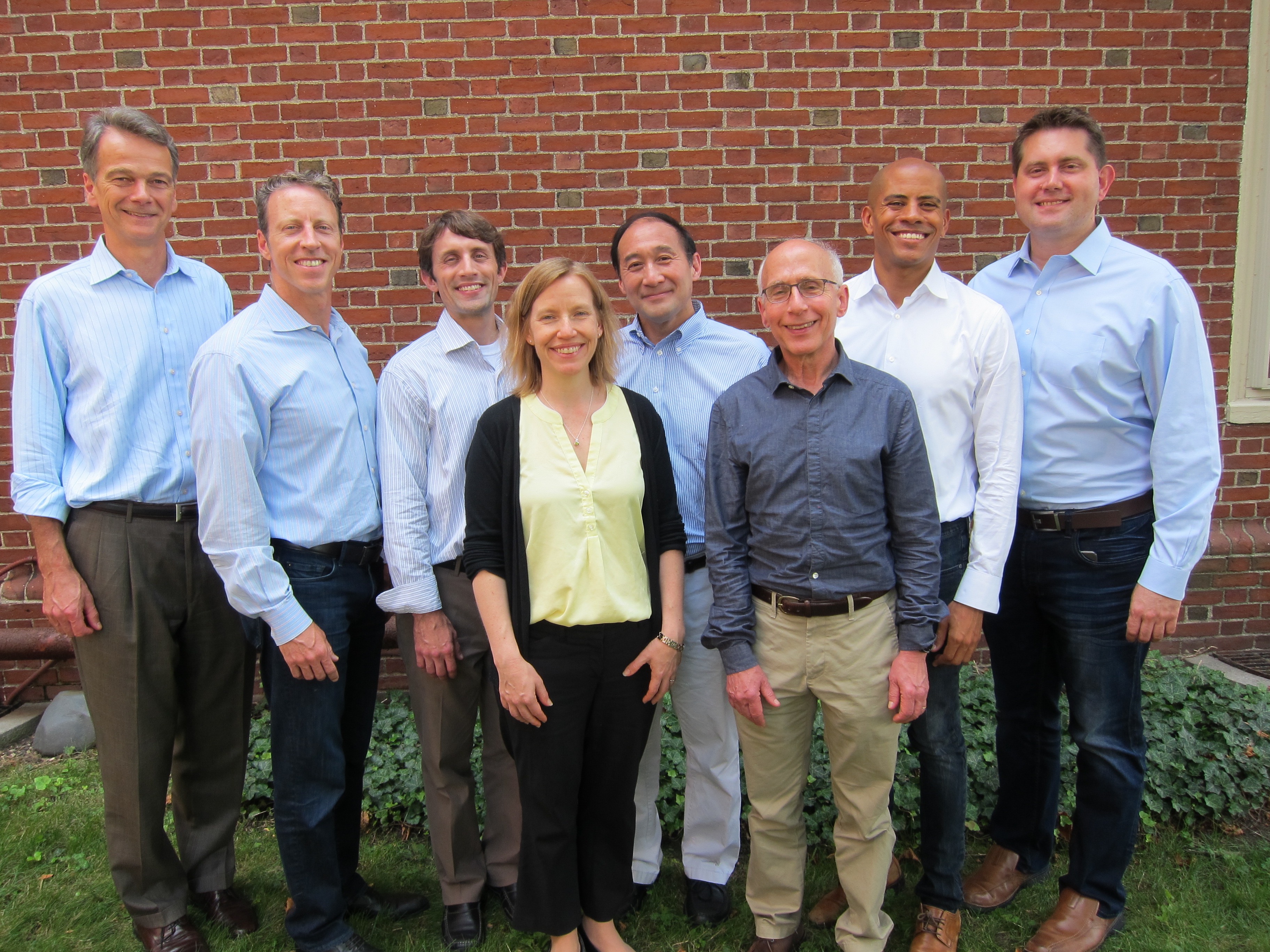Startups
Elevian is developing medicine to prevent age-related diseases

Age is the No. 1 risk factor behind most diseases in the developed world, according to numerous studies. That’s why Elevian, led by a team of Harvard researchers, is working to develop medicine that treats aging by restoring the body’s regenerative capacities.
Elevian intends to do this using growth differentiation factor 11 (GDF11), which the team first identified in 2014, the company announced today at TechCrunch Disrupt San Francisco.
In tests, Elevian has found that giving recombinant GDF11 to older animals stimulates stem cells to repair the tissue damaged by aging and degeneration. The animals in those studies showed a reduction in age-related cardiac hypertrophy, youthful skeletal muscle repair, improved brain function and metabolism, reversal of renal and pulmonary disease and tumor suppression. Moving forward, the plan is to develop medicine that regulates GDF11 and other circulating factors.
“We specifically are trying to eliminate the diseases that come with aging,” Elevian co-founder and CEO, Dr. Mark Allen told TechCrunch. “You could say that an unintended consequence will be that we live longer in a healthier state. We don’t know how much longer. Our goal is not to live longer. Unfortunately a lot of Western medicine is helping us to live longer in a more diseased state. If the focus is on heart disease, people will live longer but increase risk of Alzheimer’s.”

Elevian’s founding team
Elevian’s goal is to treat and prevent many age-related diseases, and ultimately eliminate the suffering that comes with those diseases. But in order to do that, it’s going to take a really long time — at least 10 years, to be exact. That’s because Elevian will need separate trials for Alzheimer’s, cardiovascular diseases and others.
“It’s very likely that heart disease is going to be first,” Allen said. “We think that’ll be our first [FDA] approval. Then we’ll seek additional approval for the same drug to be able to market it. Once we’re approved for one indication, physicians can practice off-label uses, but we are not allowed to market it for use for anything else.”
Elevian plans to start a human clinical trial in two years. So “if everything goes according to plan, it will take eight more years” for it to get to market.
“It’s really a result of the regulatory approval process in the United States and several other countries that have very stringent requirements around safety and efficacy tests,” he said.
The first generation of therapy will be expensive, Allen said, but the goal is to eventually get the cost down.
“We have defined as one of our company’s core values to continue to work on next-generation therapies that make this accessible to people regardless of cost,” he said. “The first generation therapy we’re working on is simply replacing natural protein that declines as we age. Natural protein, number one, is expensive to manufacture and it has to be dosed pretty frequently — once daily.”
But Elevian is already working on its second generation that, instead of needing to be injected once a day, will only need to be injected once a month. Elevian is also exploring making pills.
To date, Elevian has raised $5.5 million in funding. Check out the company’s pitch below.
-

 Entertainment7 days ago
Entertainment7 days agoIf TikTok is banned in the U.S., this is what it will look like for everyone else
-

 Entertainment6 days ago
Entertainment6 days ago‘Night Call’ review: A bad day on the job makes for a superb action movie
-

 Entertainment6 days ago
Entertainment6 days agoHow ‘Grand Theft Hamlet’ evolved from lockdown escape to Shakespearean success
-

 Entertainment7 days ago
Entertainment7 days ago‘September 5’ review: a blinkered, noncommittal thriller about an Olympic hostage crisis
-

 Entertainment7 days ago
Entertainment7 days ago‘Back in Action’ review: Cameron Diaz and Jamie Foxx team up for Gen X action-comedy
-

 Entertainment7 days ago
Entertainment7 days ago‘One of Them Days’ review: Keke Palmer and SZA are friendship goals
-

 Entertainment3 days ago
Entertainment3 days ago‘The Brutalist’ AI backlash, explained
-

 Entertainment3 days ago
Entertainment3 days agoOnePlus 13 review: A great option if you’re sick of the usual flagships
















